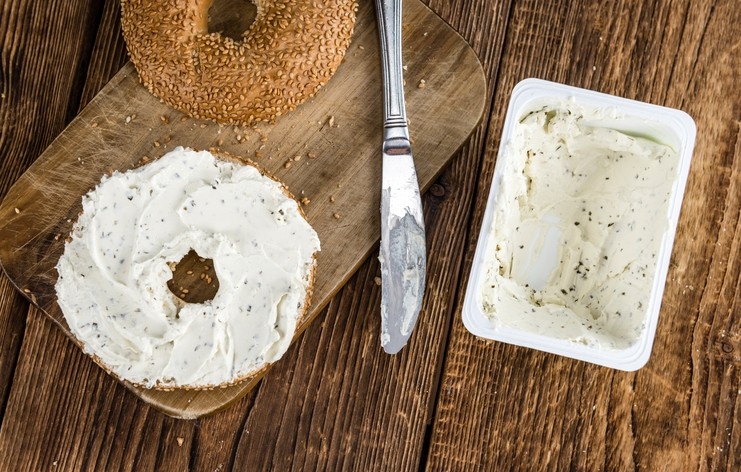The flavour of food cannot be copyrighted, ECJ told. So how can you protect your product?

The European Union’s Advocate General Melchior Wathelet advised the European Court of Justice (ECJ) that a company should not have the right to copyright the flavour of a food product.
Wathelet issued the opinion last week after a Dutch court asked the ECJ to settle a dispute between two Dutch cheesemakers.
Levola Hengelo brought legal proceedings against Heerenveen-headquartered Smilde Foods on the grounds its spreadable cream cheese with herbs, Witte Wievenkaas, had the same taste as Levola’s Heks’nkaas.
"The flavour of a food product cannot be compared to any of the ‘works’ protected by this treaty and, to my knowledge, no other provision of international law protects, by copyright, the flavour of a food product,” Wathelet wrote in French.
“It seems that […] the precise and objective identification of a flavour or smell is currently impossible."
"The fact that the flavours themselves are ephemeral, volatile and unstable militates, in my opinion, against their precise and objective identification and, consequently, their qualification as works for the purposes of copyright."
'No protection for flavour'
Food law specialist and managing director at Hylobates Consulting said he had doubts over Wathelet’s comment that food taste cannot be identified in a precise or objective manner.
“In fact, this is not accurate, as there are chemical tests, and to some extent sensory panels, which are also recognised in food law,” Bucchini.
Wathelet left room for further developments in organoleptic testing: “I do not exclude that, in the future, techniques to precisely and objectively identify a flavour or smell may evolve, which could lead the legislator to intervene and protect them under copyright or by other means.”
Director of intellectual property at legal firm Gowling WLG George Sevier said it would be “surprising” if the CJEU did not follow the Advocate General’s advice and ruled that flavour can be protected by copyright.
“It is possible, in theory, to obtain trade mark protection for smells, although those are few and far between. A number of years ago, a US pizza restaurant sought to get a trademark registration for a flavour, but it was not successful, and until now, there has been no protection for flavour,” he told FoodNavigator.
Protecting your product
“Originator brand products are frequently imitated, particularly by supermarket own-brands. Lookalike products can ride off the investment that has gone into creating a market for the branded product, so it is no surprise that brand-owners will look for new ways to keep lookalikes at bay.”
What can companies do to protect their IP?
Food and beverage firms use a range of tactics to keep imitators at bay:
- Recipe formulations may be kept secret. The recipe for the original Coca-Cola is a famous example.
- Trademarks protect product names.
- Copyright and design rights protect a product’s packaging.
- Patents protect formulations and methods of manufacture.
- Plant variety rights protect fruit and vegetable varieties.
Sevier said that although the Advocate General’s opinion doesn’t provide firms with another tool to use against imitators, it is likely to be welcomed by many brand owners.
“Intellectual property protection serves to protect businesses and consumers [and] there needs to be a high level of certainty about the scope of protection.
“Without it, businesses will not know whether they can produce products which might or might not be considered to infringe the IP right, in this case, copyright; this could stifle competition, harming consumers.”
The ECJ usually follows the Advocate General’s advice but not always. Last week, for instance, European judges ruled that new plant breeding techniques are considered genetically modified organisms, contrary to Advocate General Michel Bobek’s opinion.




